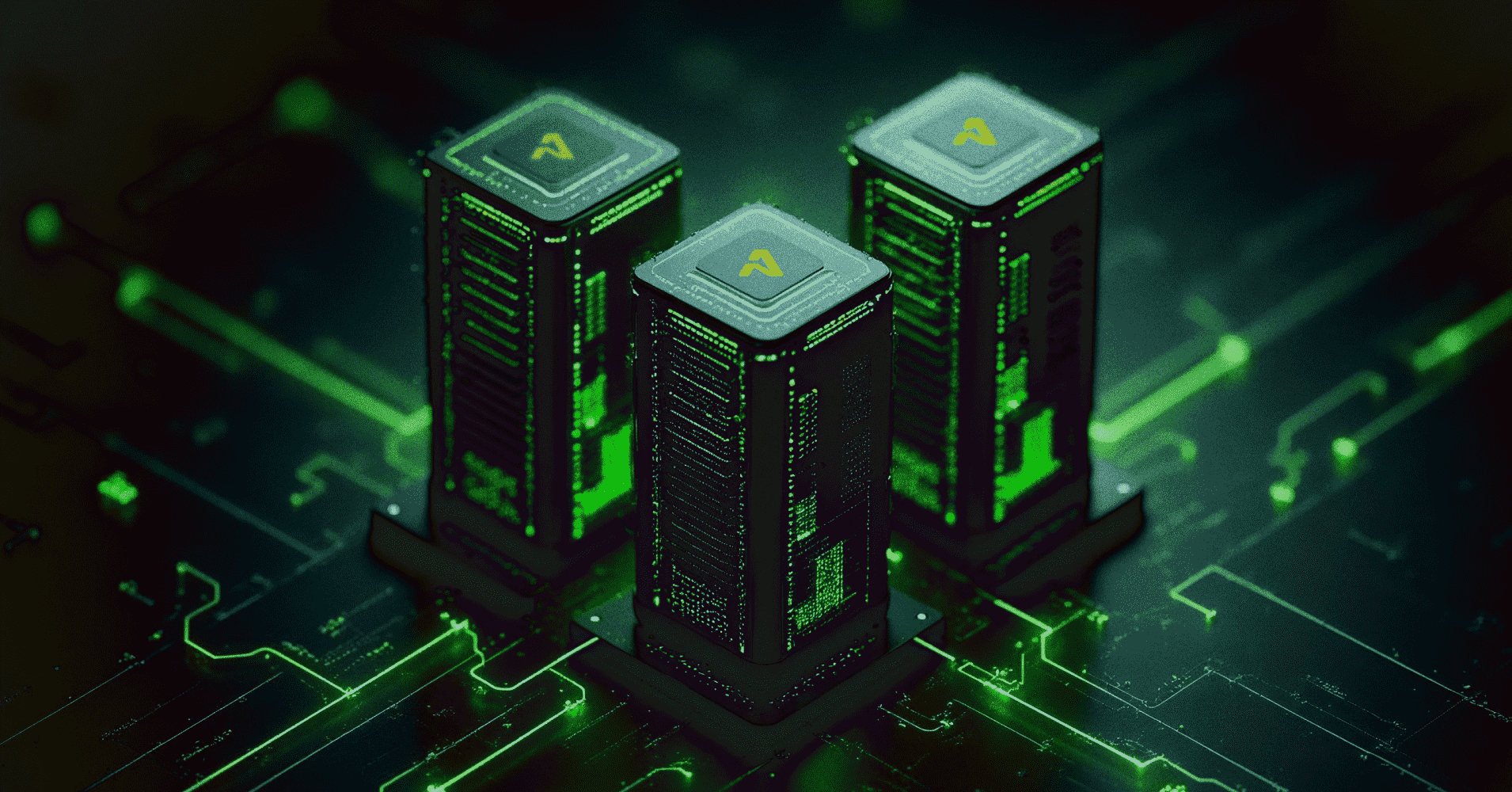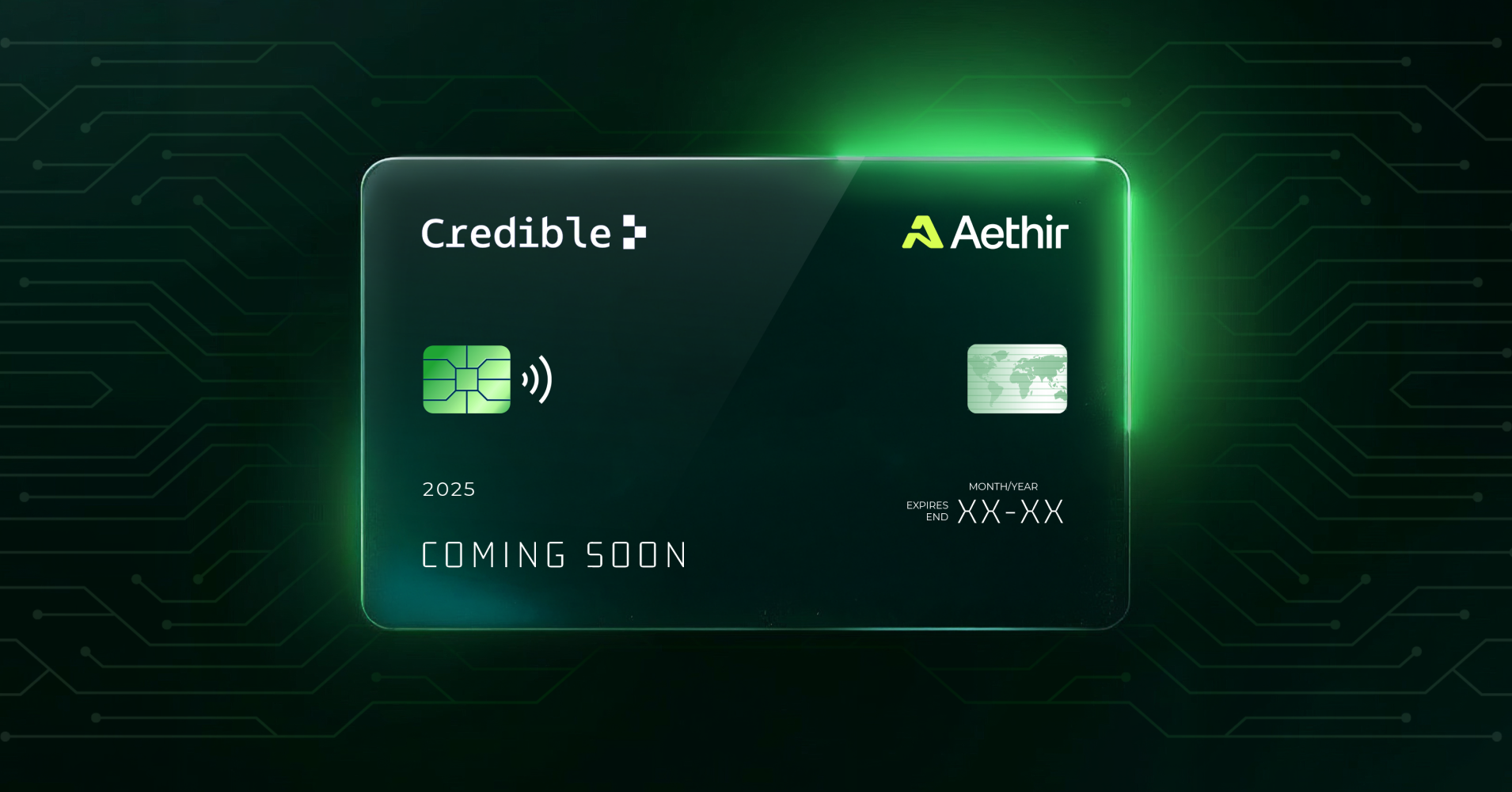On September 12, 2023, Unity, one of the most widely used game development engines, announced a significant change in its pricing model — charging a Runtime Fee for each new game install, effective January 1, next year. This change is not merely a footnote; it impacts developers of all scales. So let’s unpack what this means for game developers and how decentralized cloud infrastructure might offer a way out of this financial bind.
The New Unity Runtime Fees: What’s the Deal?
According to the announcement, the new fees apply to games that surpass certain revenue and install thresholds. For Unity Personal and Unity Plus users, those thresholds are $200,000 in annual revenue and 200,000 lifetime installs. Unity Pro and Unity Enterprise accounts have higher limits — $1 million in revenue and 1 million lifetime installs.
The cost per install also varies based on the type of Unity subscription:
- Unity Personal: $0.20 per install
- Unity Enterprise: $0.01 per install after 2 million installs
- Unity is also introducing reduced rates for emerging markets and discontinuing its Unity Plus subscription tier.
Why Unity Says It’s Necessary
Unity’s justification for these new fees centres on the fact that each game install also installs the Unity Runtime. Moreover, Unity argues that this fee model allows creators to keep ongoing financial gains from player engagement, unlike a revenue-sharing model. However, while it may look like a win-win situation on the surface, it’s essential to delve deeper into the implications for developers.
The Challenges for Developers
Increased Costs
For indie developers already tight on budget, these new costs could be a significant burden. Especially since Unity Personal users, arguably those with the least financial wiggle room, are the ones charged the highest fees.
Discouraging Innovation
High fees could discourage smaller developers from being experimental or innovative, fearing the cost of failure or the need to hit high install numbers to break even.
Market Saturation
With a heightened barrier to entry, the marketplace might become more saturated with ‘safe bets’ and less welcoming to fresh and innovative ideas.
Could Decentralized Cloud Infrastructure be the Savior?
Given the new Unity pricing model’s potential downsides, alternative solutions like decentralized cloud infrastructure for gaming have never been more appealing.
Lower Costs
Decentralized cloud infrastructure utilizes idle resources from network participants rather than relying on centralized data centers, thereby reducing costs significantly.
No Middle-Man
Developers won’t have to share revenue or pay install-based fees to third-party companies like Unity, giving them more financial freedom.
Scale as You Go
A decentralized model allows developers to scale their game’s backend needs without a huge upfront investment, offering a lower entry point for smaller developers.
Global Reach
Because decentralized networks are, by definition, global, developers have the benefit of a worldwide network, potentially offering better latency and user experience.
Now, introducing Aethir, a decentralized cloud infrastructure that aligns perfectly with the challenges faced by the gaming industry and Unity’s new Runtime Fees.
Unity’s Runtime Fee has brought about a new era in game development economics, prompting developers to seek innovative solutions. Aethir’s decentralized cloud infrastructure emerges as a promising alternative, aligning with the industry’s evolving needs and Unity’s pricing challenges. As the gaming and AI landscapes evolve rapidly, Aethir stands ready to provide the infrastructure needed to unlock global access and scalability, ushering in a new era of gaming and AI experiences. What are your thoughts on Unity’s new Runtime Fees? Could decentralized cloud infrastructure, as exemplified by Aethir, be the future of game development and AI?
Details taken from this story.
About Aethir
Aethir is revolutionizing the cloud infrastructure landscape by focusing on Decentralized Cloud Infrastructure (DCI) tailored for gaming and AI companies. Addressing a pressing issue in current cloud technology, Aethir offers an alternative that solves the cost and latency challenges associated with delivering heavy GPU computational loads. The existing cloud models primarily focus on storage, CPU, and low-level machine learning model (LLM) training requirements, neglecting the emerging needs of the Human-AI interaction layer. This layer combines AI inference with consumer-facing services, demanding real-time, low-latency interaction capabilities. Aethir’s DCI leverages decentralization to ensure low capital expenditure and high efficiency.
Unlike traditional cloud service providers, we operate as a mining network, eliminating the overhead costs of unused equipment. This positions us advantageously, especially as the global market faces imminent chipset shortages. Our network architecture also ensures global scalability, with costs significantly lower than traditional models. Our network’s design ensures increasing speed and decreasing costs as it scales. With a decentralized network, the probability of a user being close to a node — thus experiencing lower latency — increases as more nodes come online.
Consequently, Aethir offers an incredibly elegant ecosystem that becomes faster and cheaper as it expands. Built by a seasoned team with experience in scaling top cloud gaming infrastructure, Aethir is the indispensable infrastructure for delivering low-latency, high-computational loads. We are at the forefront of catering to the ever-evolving needs of the AI and Gaming, leading the way in the development and deployment of next-gen cloud solutions.
Image Source






